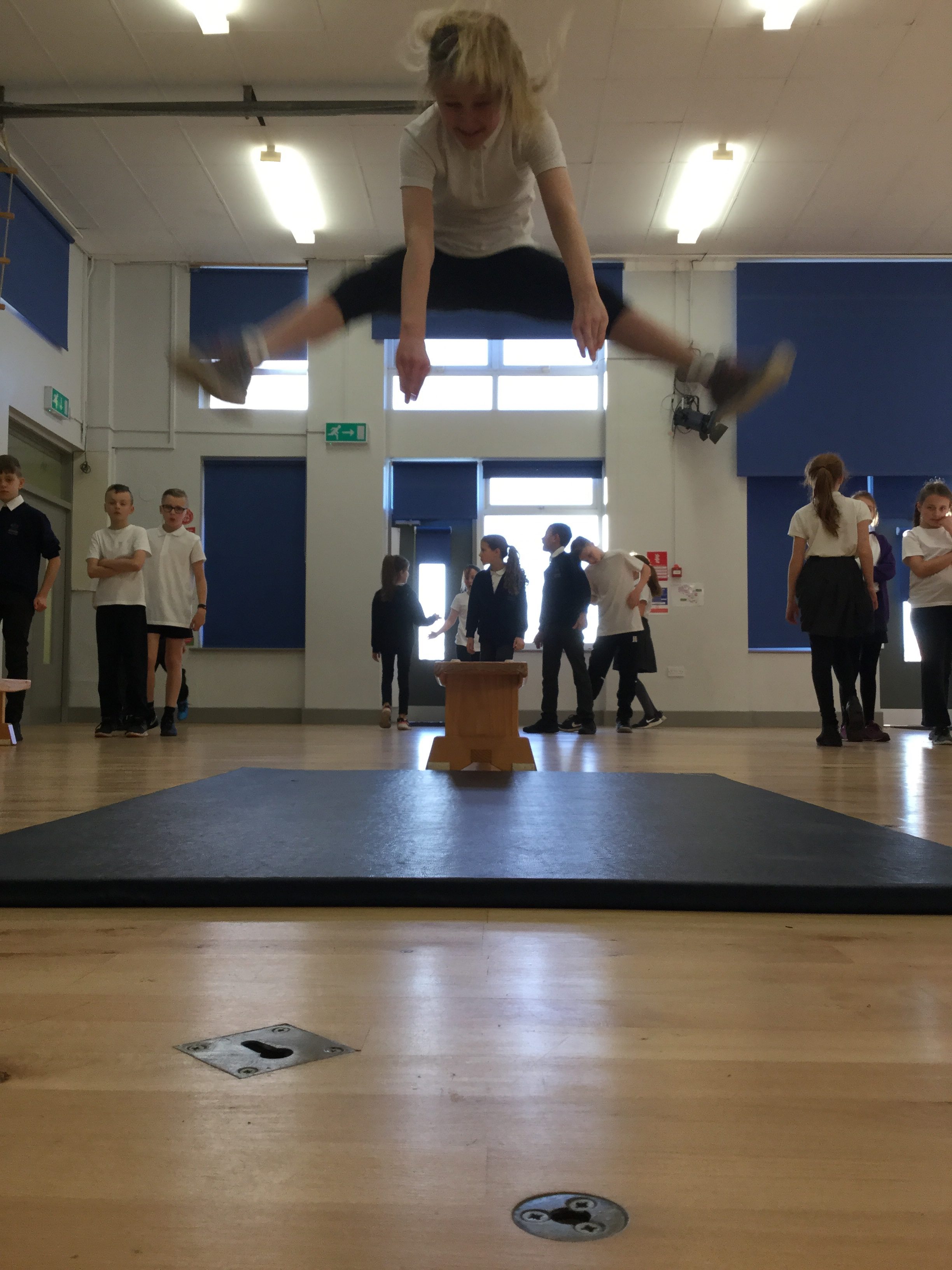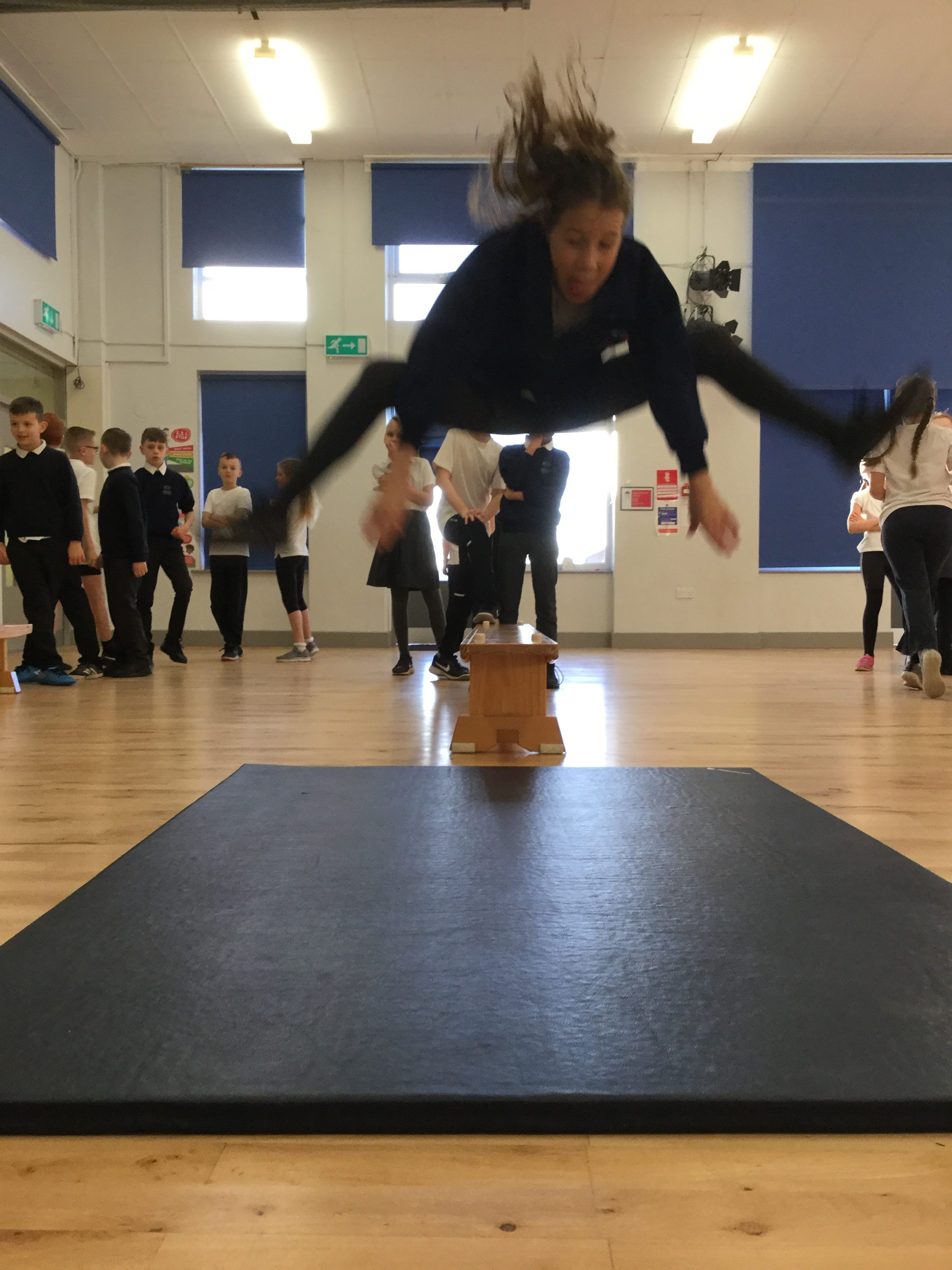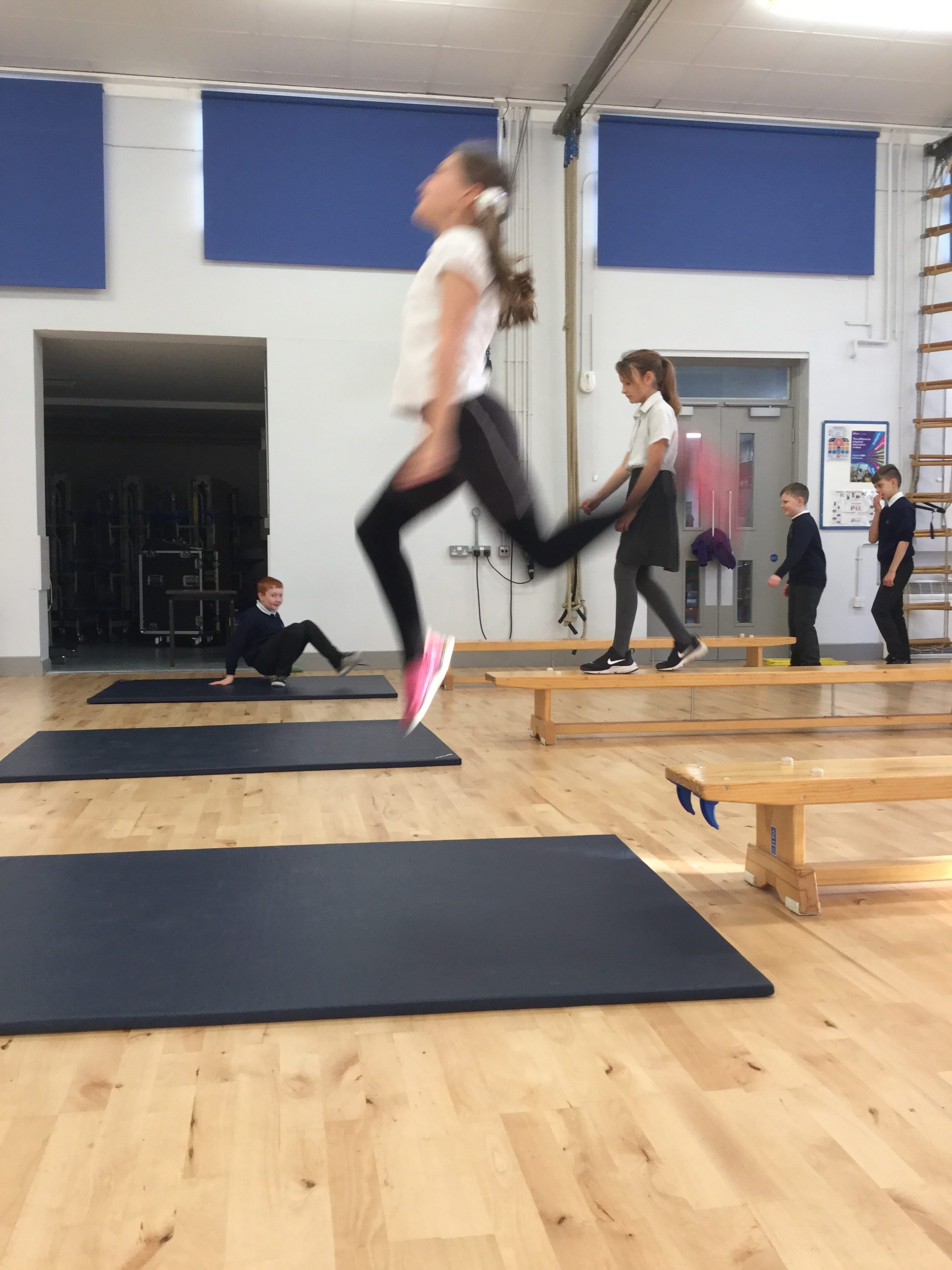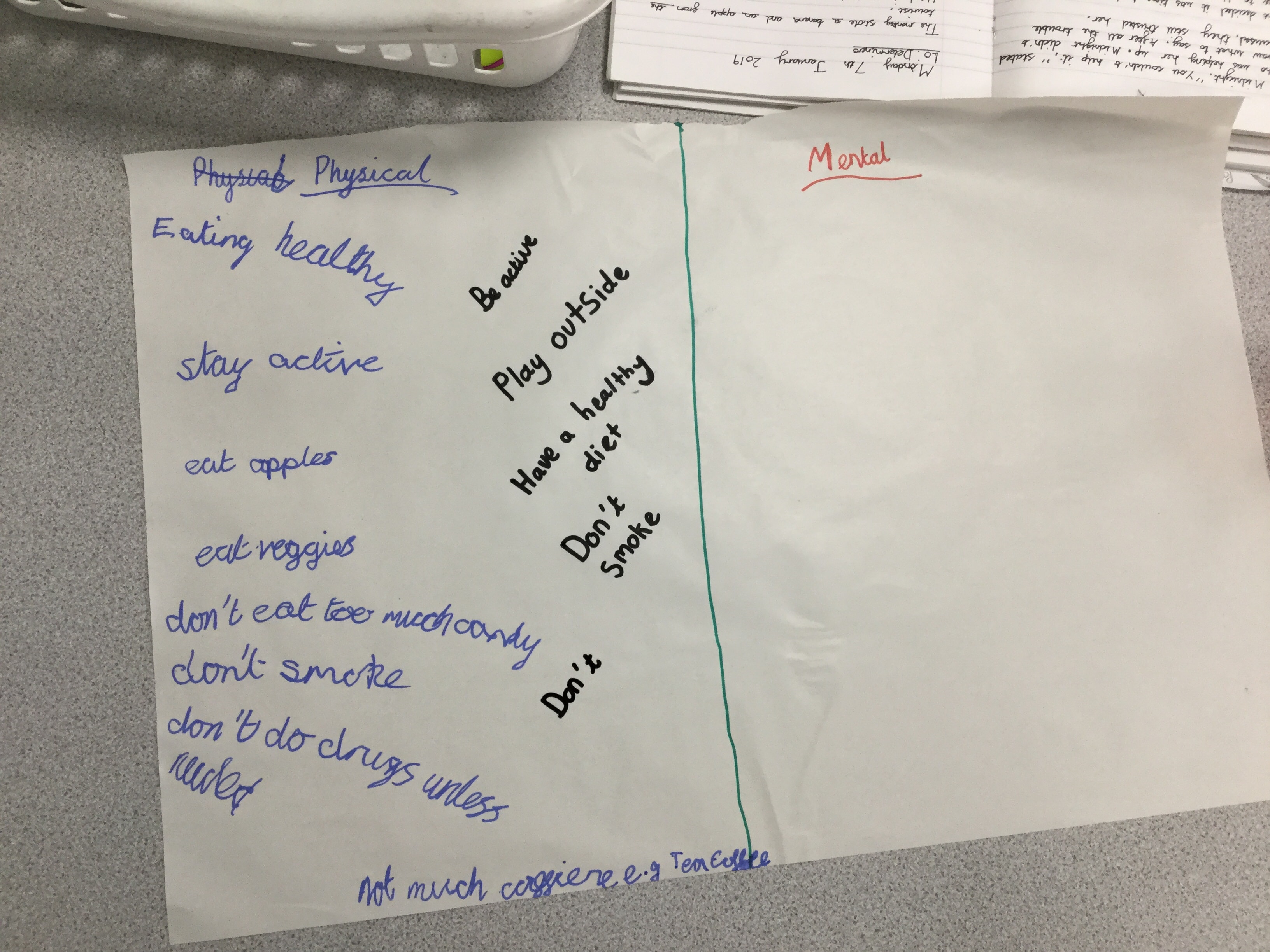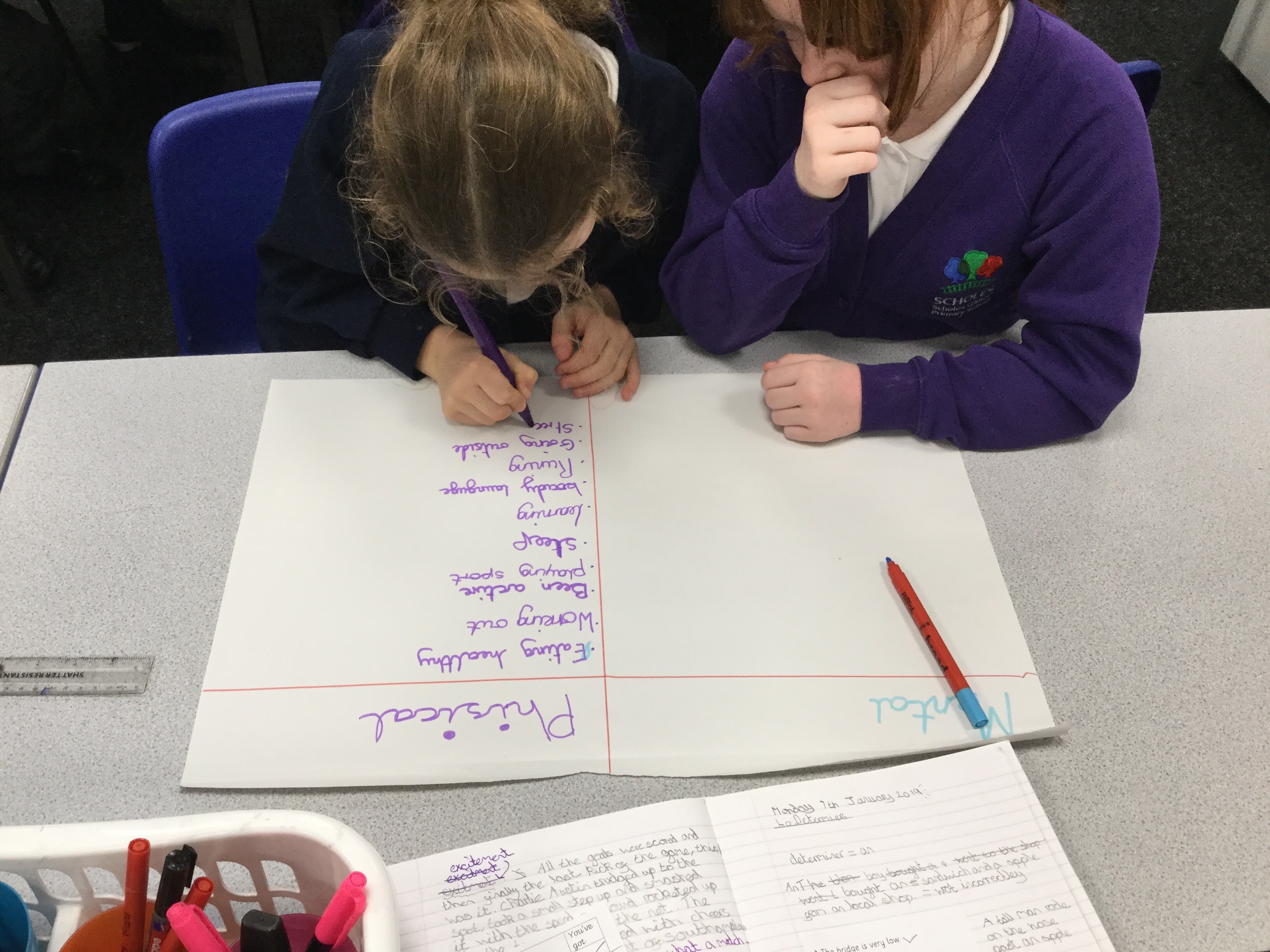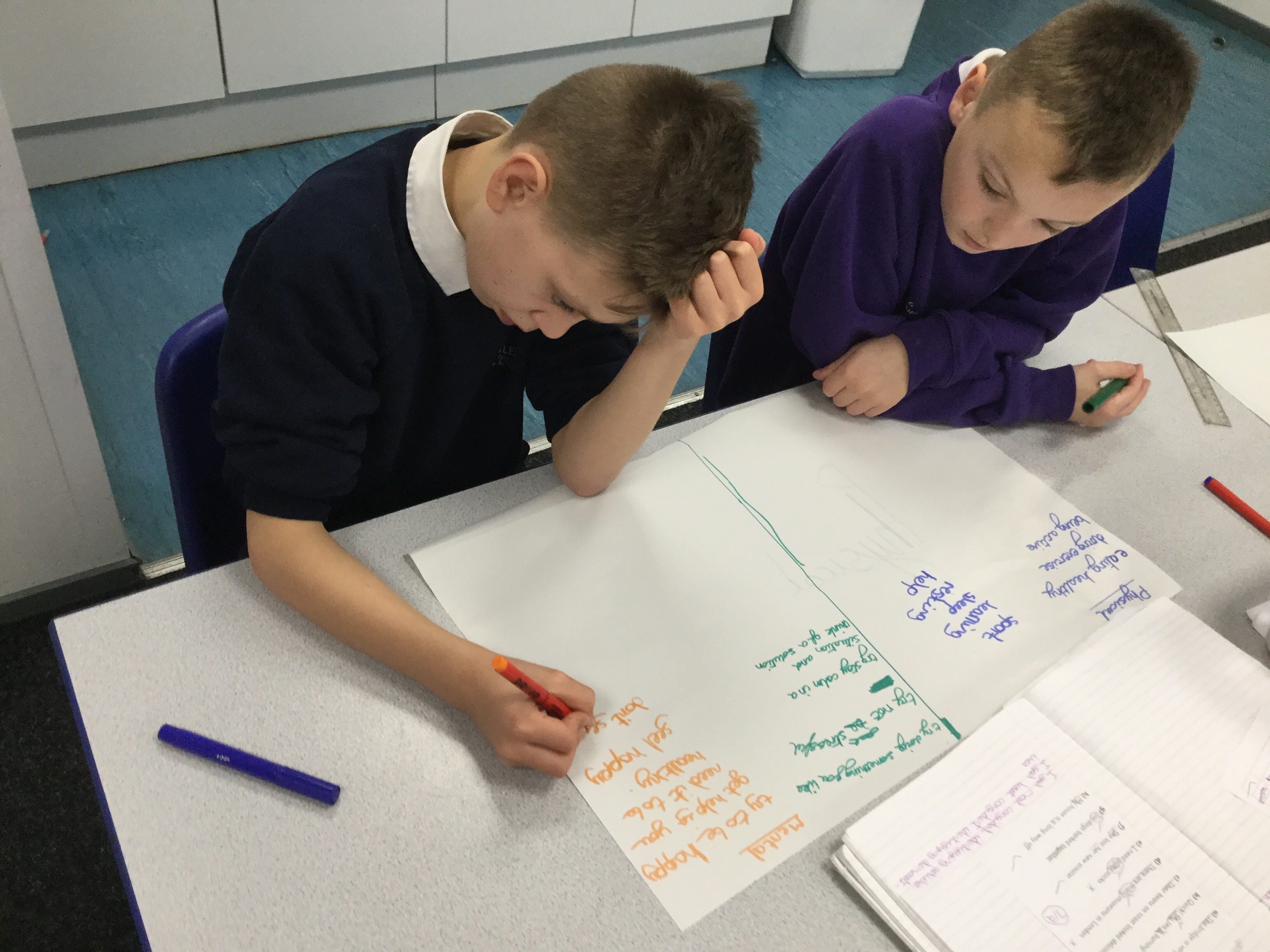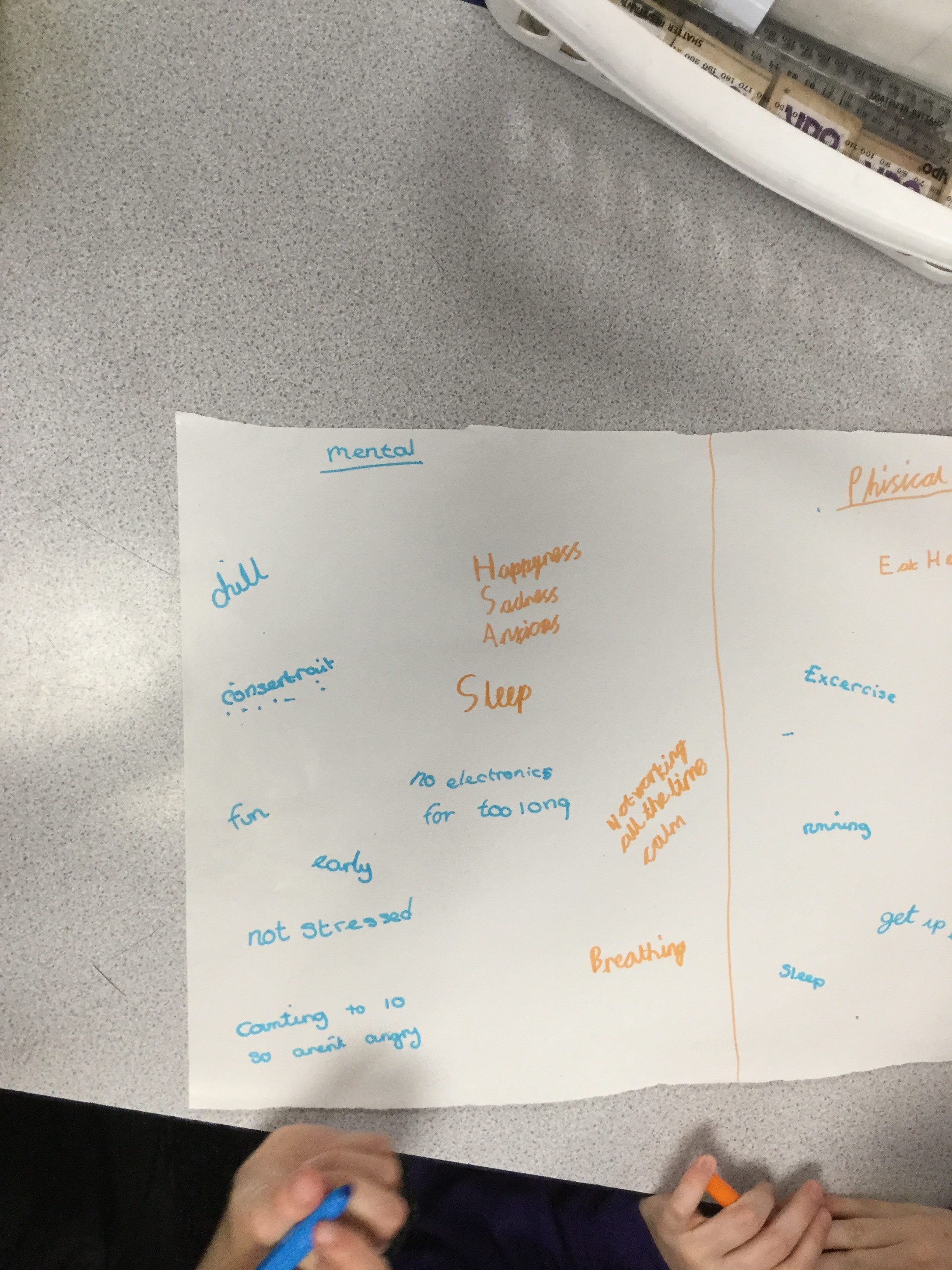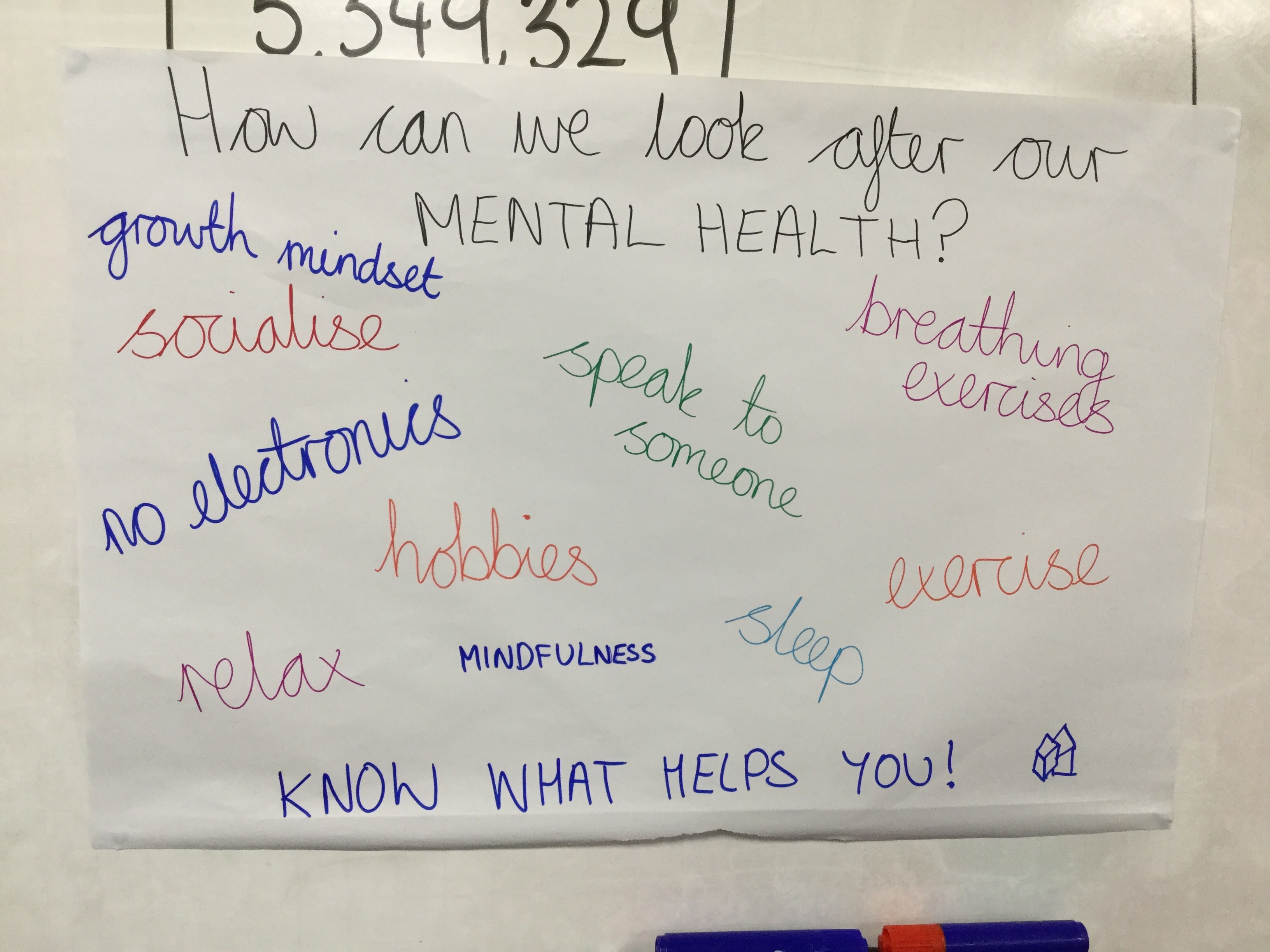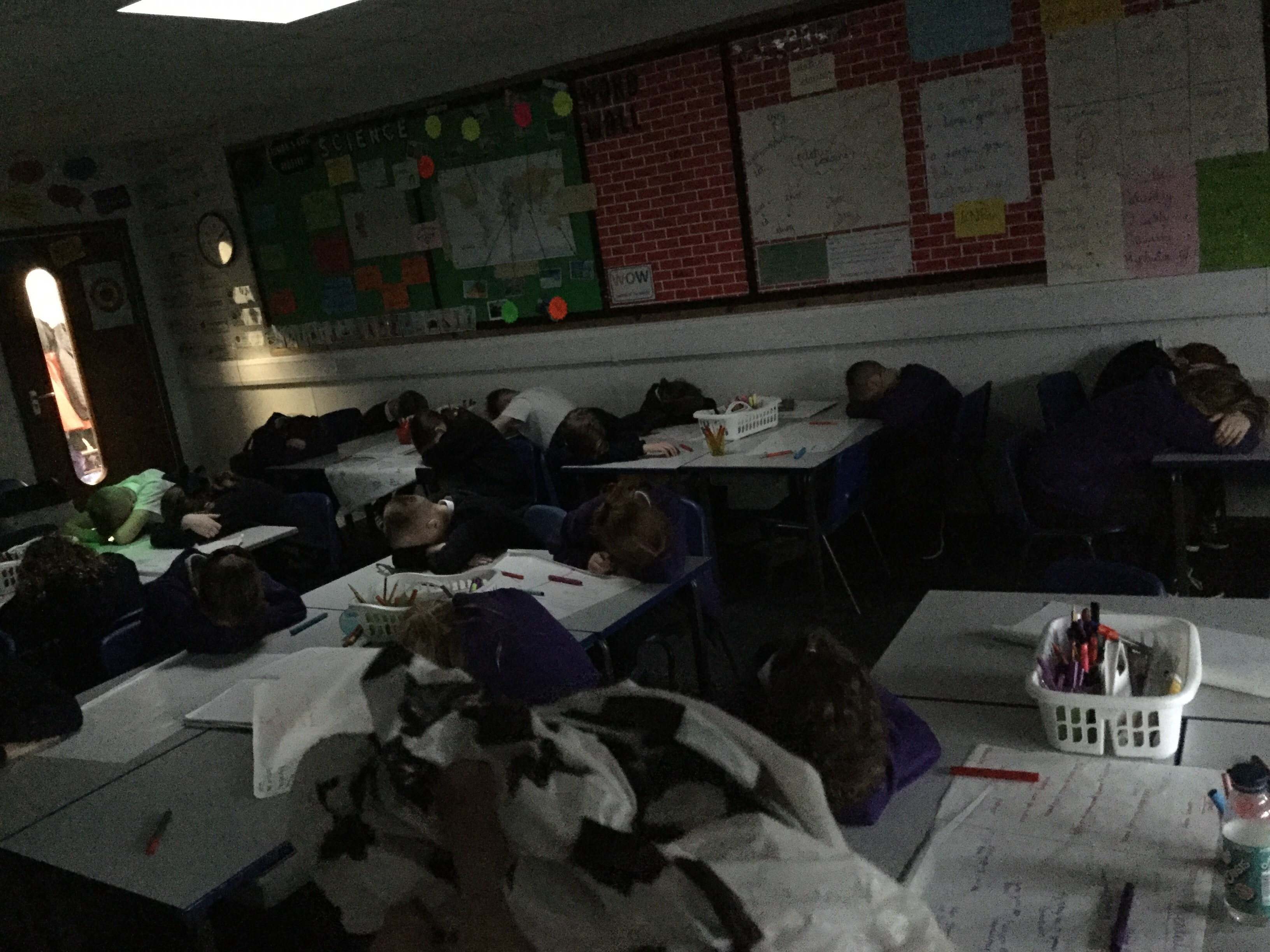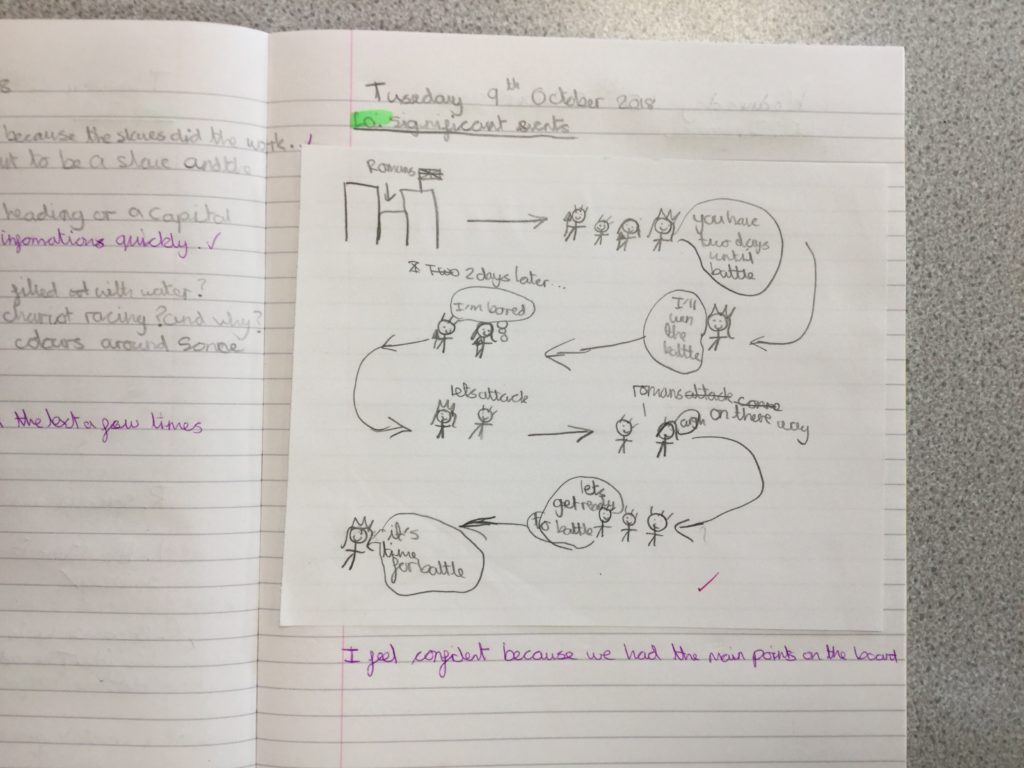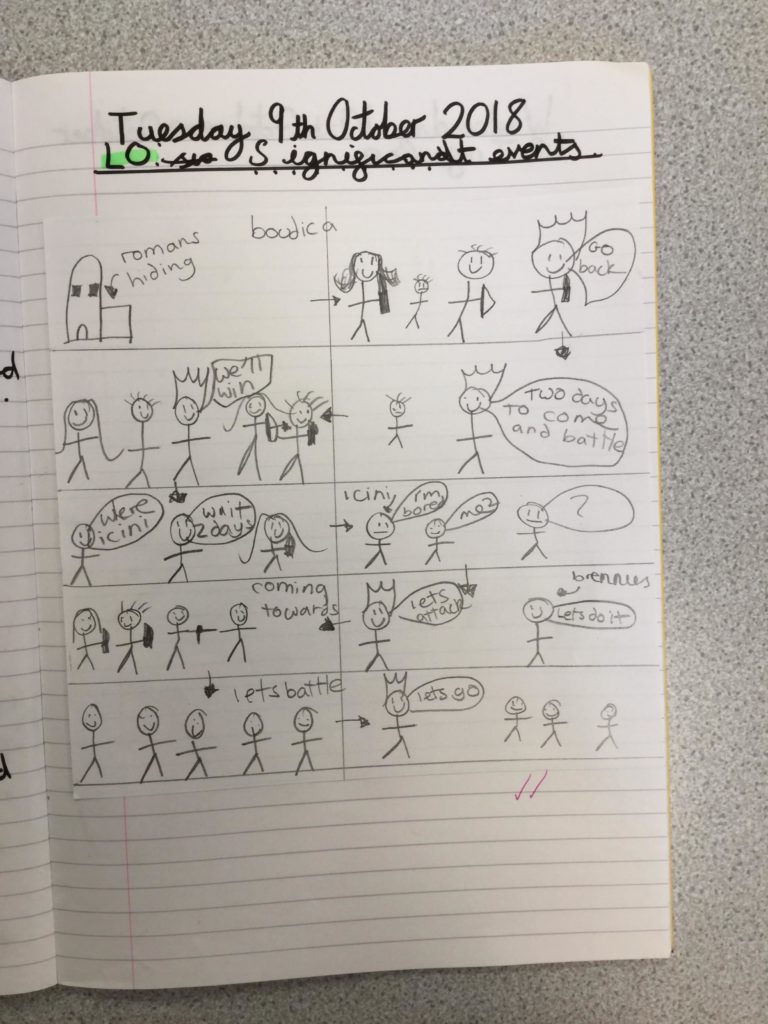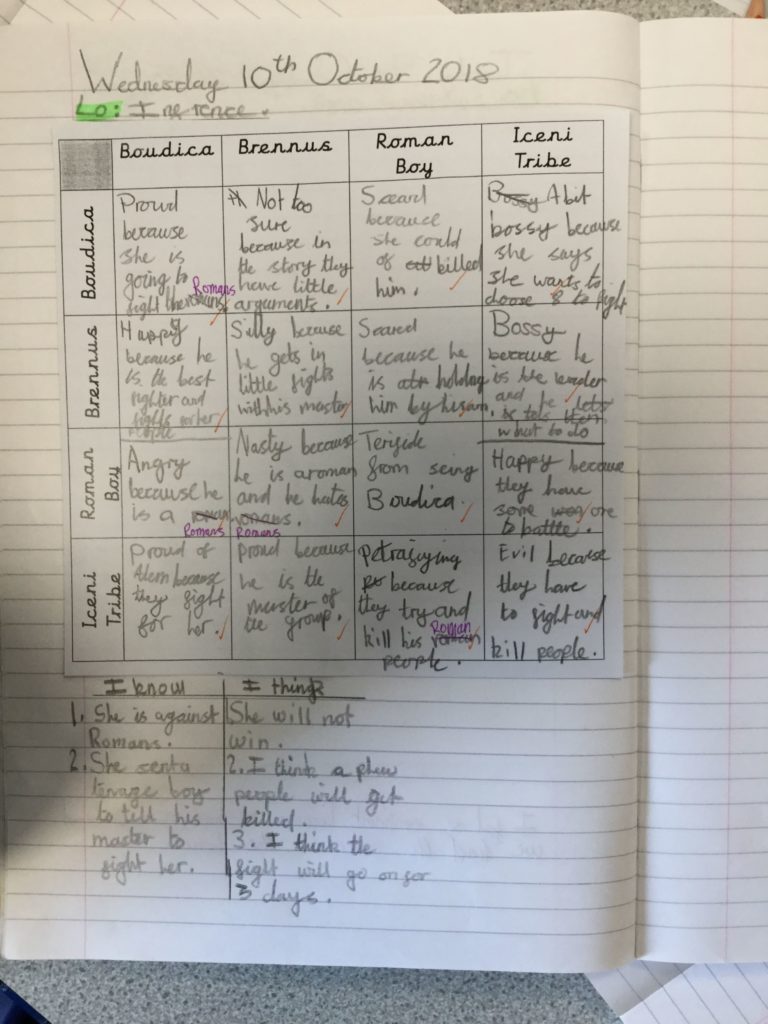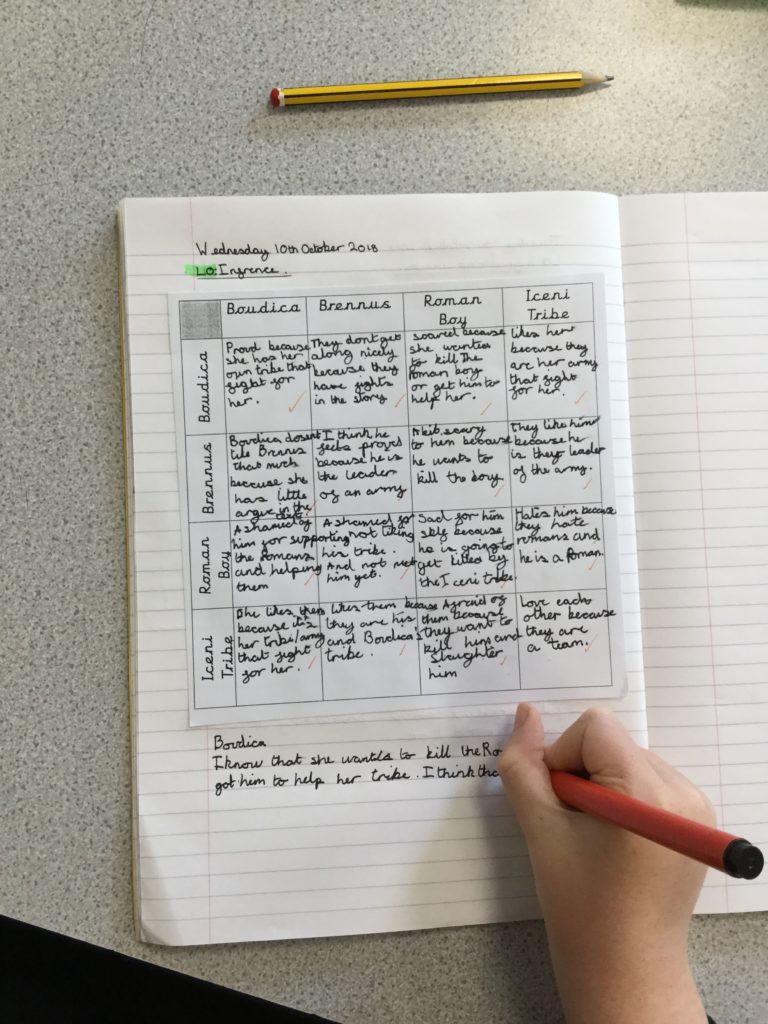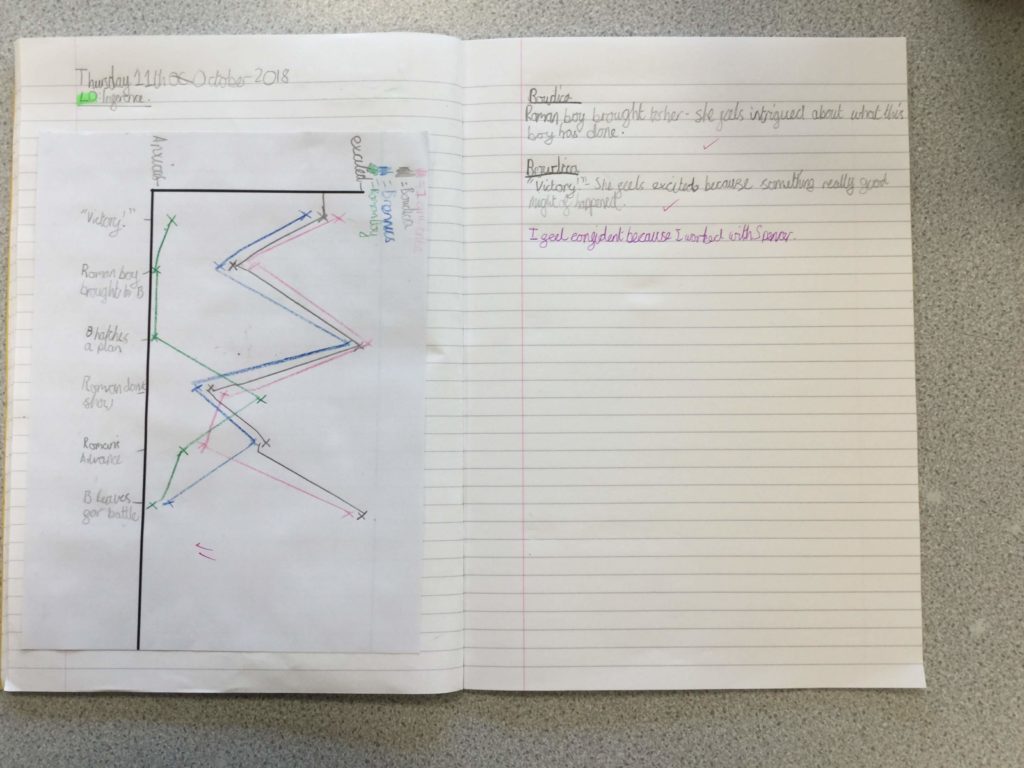This week, the whole school has the same Creative homework which should be returned by Thursday 13 December.
The children are invited to respond to something from either a cultural or spiritual perspective.
I can show what I know and think about something cultural.
We’d like children to present their responses about a recent book they’ve read, film they’ve watched, piece of art they’ve looked at, piece of music they’ve listened to – anything cultural in fact.
We’re interested to read some sort of description (a summary, for example) and then your child’s opinions. This review might include pictures, an interview (your child could write a fictional script between himself/herself and the artist, for example), a letter (eg to or from a character, or perhaps even the author) – anything which might include your child’s responses!
However, your child might prefer to do the following:
I can show what I know about a festival.
Over the course of this term, some children in school may have celebrated a religious festival of some sort. This might have been
- the Muslim festival of Eid ul Adha
- the Sikh and Hindu festival Diwali
- the Jewish festival of Hanukkah, coming up in December
- the Christian festival (of course, celebrated by many non-Christians) of Christmas
- and the Chinese New Year festival, coming up
There are lots of other festivals and celebrations which you and your child together might want to reflect on.
We invite children to respond to the sentence above – they might include a recount (like a diary entry), pictures, an interview (perhaps in a script). Your child might also choose to research a completely unknown festival, or they might even think about creating a brand new festival, one that everyone will celebrate.
